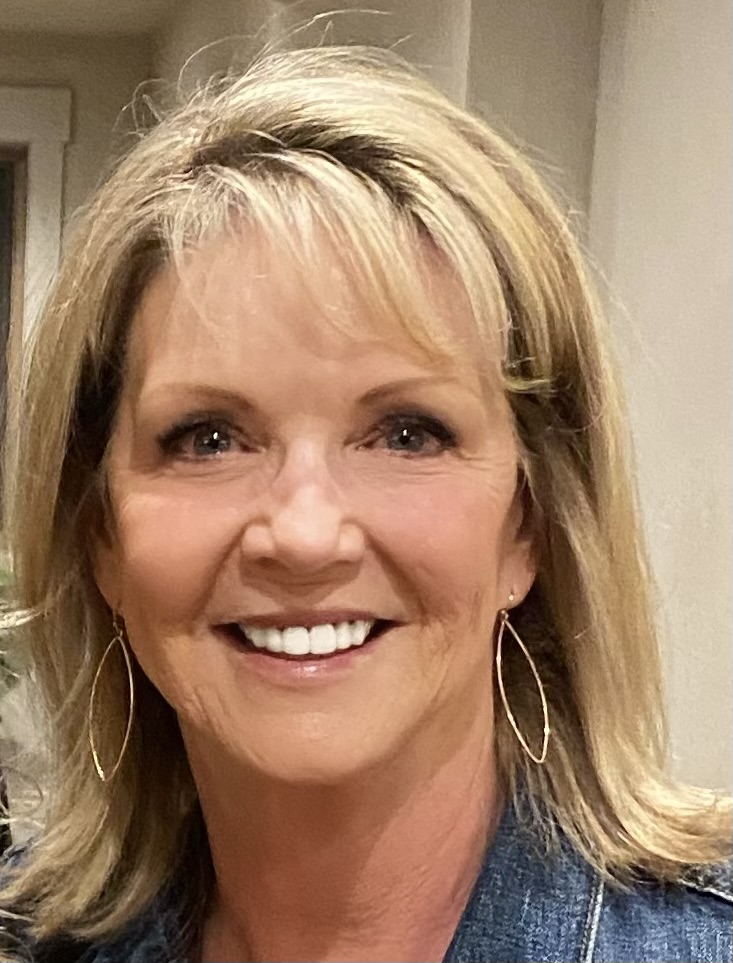Pre-conference workshops 25 July 2024

Effective Clinical Play Therapy Supervision: Enhancing Play Therapist Skills and Client Outcomes
Dr Tom Yuen
9:00am to 11:00am
This 3-hour interactive workshop is designed for professionals involved in play therapy supervision. Participants will explore the unique aspects of clinical supervision within the context of play therapy, focusing on enhancing both supervisee skills and client outcomes.
Additionally, the workshop will emphasize the importance of ethical considerations, fostering reflective practice, and promoting continuous professional development. By the end of the workshop, participants will be equipped with practical tools and strategies to enhance their supervisory practice in play therapy.
Learning Objectives:
1. Understand the Role of Supervision in Play Therapy
2. Identify and Apply Various Supervision Models
3. Develop Effective Supervisory Techniques
4. Foster Reflective Practice and Professional Development
5. Promote Ethical and Professional Standards in Supervision

Playful Recovery: Nurturing Emotional Resilience After Natural Disasters and Other Traumatic Events with Play Therapy
Dr Akiko Ohnogi
11:00am to 1:00pm
Embark on a journey of playful discovery as we explore the transformative power of resilience in the wake of life’s challenges. In this engaging workshop, I’ll guide participants through the intricate world of childhood trauma and its profound effects on psychological development. Childhood trauma, stemming from accidents, illnesses, interpersonal relationships, and natural disasters, disrupts a child’s sense of safety and leaves lasting imprints on their emotional and cognitive well-being. We’ll unravel the complexities of trauma will through interactive discussions and hands-on activities, discovering how playful interventions can ignite resilience in children facing adversity. Through the lens of trauma-informed play therapy and neurosequential approaches, we’ll delve into innovative strategies for nurturing emotional well-being and promoting healthy development after natural disasters and other traumatic events. Drawing from research, we’ll explore how traumatic experiences during childhood correlate with decreased abilities in self-regulation, attention, memory processing, and emotional control. Together, we’ll consider the brain regions most affected by trauma and identify appropriate interventions tailored to each area. From breathing and stretching exercises targeting the brainstem to sensory activities stimulating the diencephalon, emotional expression activities engaging the limbic system, and verbal play activating the prefrontal cortex, we’ll activate the brain’s pathways for growth and transformation. Experience the joy of rhythm, movement, art, and storytelling as we navigate through the brain’s neural pathways, unlocking the potential for growth and transformation. With a playful approach grounded in trauma-informed principles and neuroscience, I’ll help uncover the power of play to foster connection, resilience, and hope in the face of adversity. Join us for an inspiring and uplifting workshop where we’ll harness the power of play to cultivate resilience, restore joy, and embark on a path of healing after life’s storms. Let’s embrace the journey of playful recovery together!
Learning objectives:
1. Explain the importance of considering the neurobiological effects of trauma in planning appropriate play therapy interventions.
2. Describe at least 3 play therapy techniques that help children traumatized by natural disasters

Intangible Dynamics in the Play Therapy Process That Facilitate or Hinder the Child’s Journey Towards Healing
Prof Sue Bratton
2:00pm to 6:00pm
Strong empirical evidence supports play therapy’s effectiveness to facilitate children’s healing from a range of adverse experiences. Yet, the child’s journey toward healing can be facilitated or hindered by important dynamics in the play therapy process that may be inadvertently taken for granted or ignored including the following: the play therapist’s understanding of and response to issues related to the person of the therapist, the child’s safety and attachment needs, relationship dynamics between play therapist and child, and therapeutic structuring. Participants will also explore personal beliefs and assumptions about the change process within the context of congruent use of self. The child’s healing process is facilitated by a self-aware play therapist who is attuned and sensitive to the uniqueness of the child’s inner world, understands the complex nuances of the play therapy process, and readily seeks supervision/consultation to examine dynamics that may be interfering with the child’s innate tendency toward growth and self-actualization. Grounded in humanistic principles, this workshop will provide participants with the opportunity to explore difficult/challenging moments from their own experiences and how an understanding of these dynamics informs the course of play therapy.
Learning Objectives
Following the workshop, play therapists will be able to:
- Identify at least two intangible dynamics that can impact the play therapy process
2. Articulate their belief about their role in the child’s growth and healing process in play therapy
3. Discuss their role in facilitating the child’s neuroception of safety
4. Identify ways in which the child’s attachment experience can impact the therapist-child relationship
5. Discuss therapist use of self as a way of being that facilitates the child’s healing process
6. Identify at least one personal issue that at times have hindered a child client’s therapeutic process